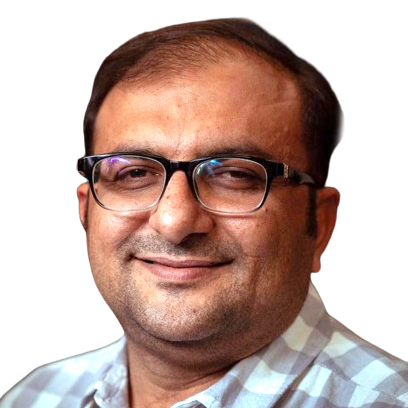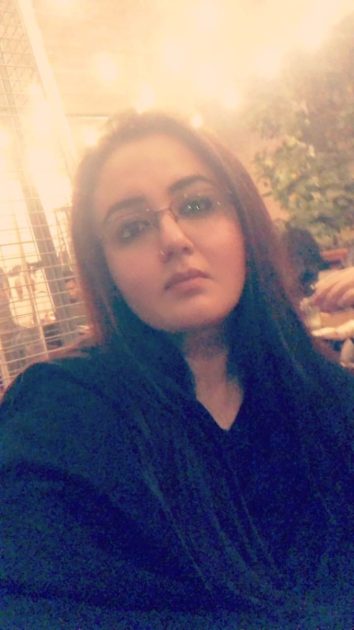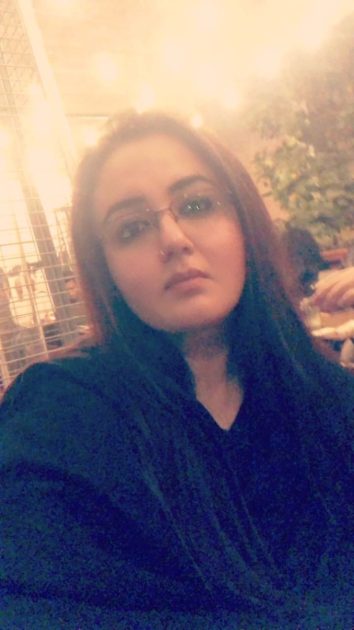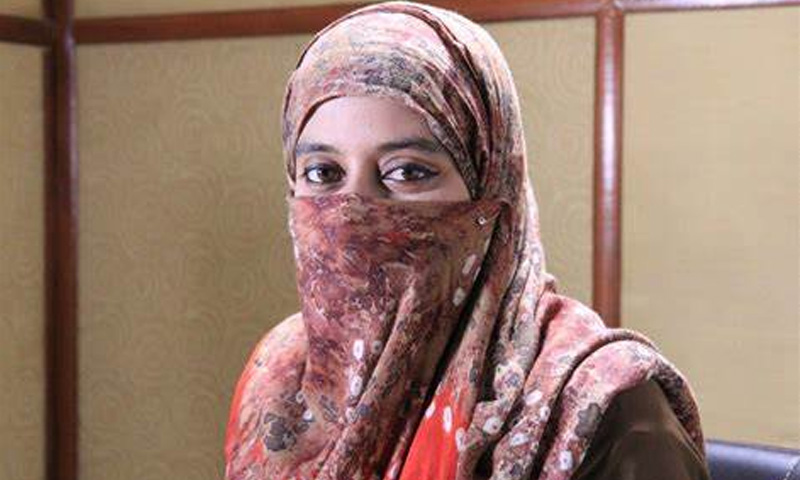- Web Desk
- 6 Hours ago
Has Pakistan’s political landscape shifted?
In a recent post on the X platform, Ahsan Iqbal, a seasoned politician from the Pakistan Muslim League-Nawaz, acknowledged the emergence of Imran Khan’s Pakistan Tehreek-e-Insaf as “a rebellion of the middle and educated classes and youth against traditional politics.” This acknowledgment, albeit veiled in defeat, underscores a harsh reality: established traditional political parties must adapt to the changing socio-economic landscape and embrace the aspirations of a new generation.
Pakistan is in the middle of the youth bulge. Young Pakistanis are concerned about education, jobs, financial stability, marriage, owning a home and car, and opportunities to study or work abroad. However, they have often felt sidelined in politics, with their concerns overshadowed by power struggles and self-serving agendas.
Pakistan’s young people, historically apathetic towards the country’s political system and its institutions, are showing an uncharacteristic optimism that their involvement and interest in the election could right the nation’s course. The Election Commission of Pakistan noted that over 20.35 million voters between the ages of 18 to 25 years, most first-time voters, and 30.26 million voters between the ages of 26 to 35 years, were expected to cast their votes in the February 8 election, making them a significant force in the political landscape.
Social media platforms buzzed with youthful energy, demanding a fresh narrative. The educated middle class, weary of unfulfilled promises, actively engaged in debates, challenging the status quo.
Did this translate into tangible votes? The answer is complex. While youth turnout seemingly increased and their impact on the February 8 outcome was evident – with PTI-backed independent candidates securing a majority despite the state’s crackdown on the party, stripping it of its iconic election symbol of the ‘bat’ and alleged irregularities in the election results – the active participation of the youth marked a pivotal moment.
Traditional parties, such as the PML-N and the Pakistan People’s Party, entrenched in old practices, paid lip service to youth aspirations but delivered little. A stumbling economy, rampant unemployment, and deteriorating law and order disillusioned many young people, prompting them to seek opportunities abroad. Manifestos with recycled promises and no concrete plans failed to address their pressing concerns – unemployment, inadequate education, and a stifling environment for critical thinking.
This year, manifestos included plans for youth, yet established parties, including the PML-N and PPP, hesitated to grant tickets to young people and new middle-class workers. Since the 1985 elections, the focus has shifted from ideology to financial clout. Once vibrant student and trade unions have been weakened, and the effective local government system dismantled by provincial governments unwilling to devolve powers to the grassroots level, hindering the rise of new leaders from these crucial spheres. Traditional party structures lack avenues for young activists to ascend through the ranks, resulting in increasingly costly and inaccessible elections.
A leader from the Jamiat Ulema Islam Fazl (JUI-F) recounted that when he emphasized the significance of youth and social media in electoral politics during the party’s Shura meeting, he was reprimanded by senior members. This anecdote exposes a deep generational divide within Pakistan’s political landscape, highlighting the resistance of some parties to adapt to the changing realities.
However, the February 8 election felt different. The youth clamored for change, and the educated middle class engaged in vigorous debate and questioning. This active participation, regardless of its immediate impact, signifies a turning point.
PTI has adeptly utilised social media to connect with these youngsters and strengthen its support base. Youth see Khan as the face of the “new Pakistan” and a break from the old dynasties that have ruled the country for decades.
Traditional political parties have received a wake-up call. Ignoring the aspirations of this generation, the majority of the population is political suicide. Quality education, accessible healthcare, and sustainable economic policies are no longer optional; they are demands that must be addressed.
While a new era may not have fully arrived, change is on the horizon. Whether it brings a new political landscape remains to be seen. But one thing is clear: the voices of the youth and educated middle class cannot be ignored anymore.






